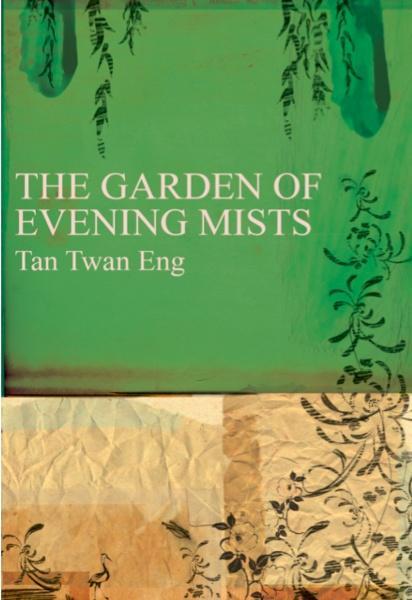Daniel Teoh reviews the winner of this year’s Walter Scott Prize.
I only heard of the author’s name when an email from MPH.com announced a discount for a book written by a Malaysian writer which had won some impressive awards.
It came at the right moment, since the semester break offered a respite from law studies and its difficult language, and I was looking for good fiction to read.
Most of the story takes place in a small portion of Cameron Highlands. The author installs in this small, rural location a wide collection of cultures and customs – Chinese, British, South-African, Japanese, Malay, Indian, and the mountain aborigines. There were conversations touching a wide range of topics: politics, history, philosophy and occasionally, feelings.
Hence I would describe the novel as such: a political, historical, philosophical and personal (read: romance) novel whose characters are more eminent than its plot.
The language used is simple but not easy, and like quality writers, will require readers to read between the lines. Familiar phrases of Hokkien and Cantonese are used, along with some Transvaal lingo. Malaysian foods are given their original and familiar names. This is assumed to be because of Tan’s identity as a Chinese Penangite,
However, what is enigmatically curious is the constant references to many fine aspects of Japanese history, art and culture, and the close linkage with the same of other realms which swept through during the Second World War, notably the Chinese, all carefully woven by Tan. The title of the book is a garden managed by a disgraced Imperial gardener from Tokyo, and this character is the embodiment of typical Japanese values. Yet Aritomo takes on Teoh Yun Ling as his apprentice, she possessing an independent spirit and who hates what the Kingdom of the Rising Sun has done to her and her loved ones.
Needless to say, the conflict, tension and struggles between the two personas clash throughout and allow the plot to flourish.
The Japanese Occupation of Malaya features heavily in the novel, with names and terms like Sir Gerald Templer and Communist-Terrorists (CTs) making their appearances. Reading Garden is like going through a lively historical account with interesting and meaningful anecdotes. What the book does is display the way many Malaysians do not care much for their history, preferring foreign history instead, and the personal costs attached to such apathy and anglophile tendencies.
It is refreshing to read a work of fiction which, for once, features local concerns and interests, without insulating international attention and influence.
Coming across literature of this caliber, one invariably wonders who is doing the reading: the person, or the pages.
Featured image from Myrmidon Book News Blog.


Daniel Teoh has written a concise yet detailed comment on this literary piece . Using plain language , Daniel opens up the literary bud of this book and it now our turn to explore its essence .